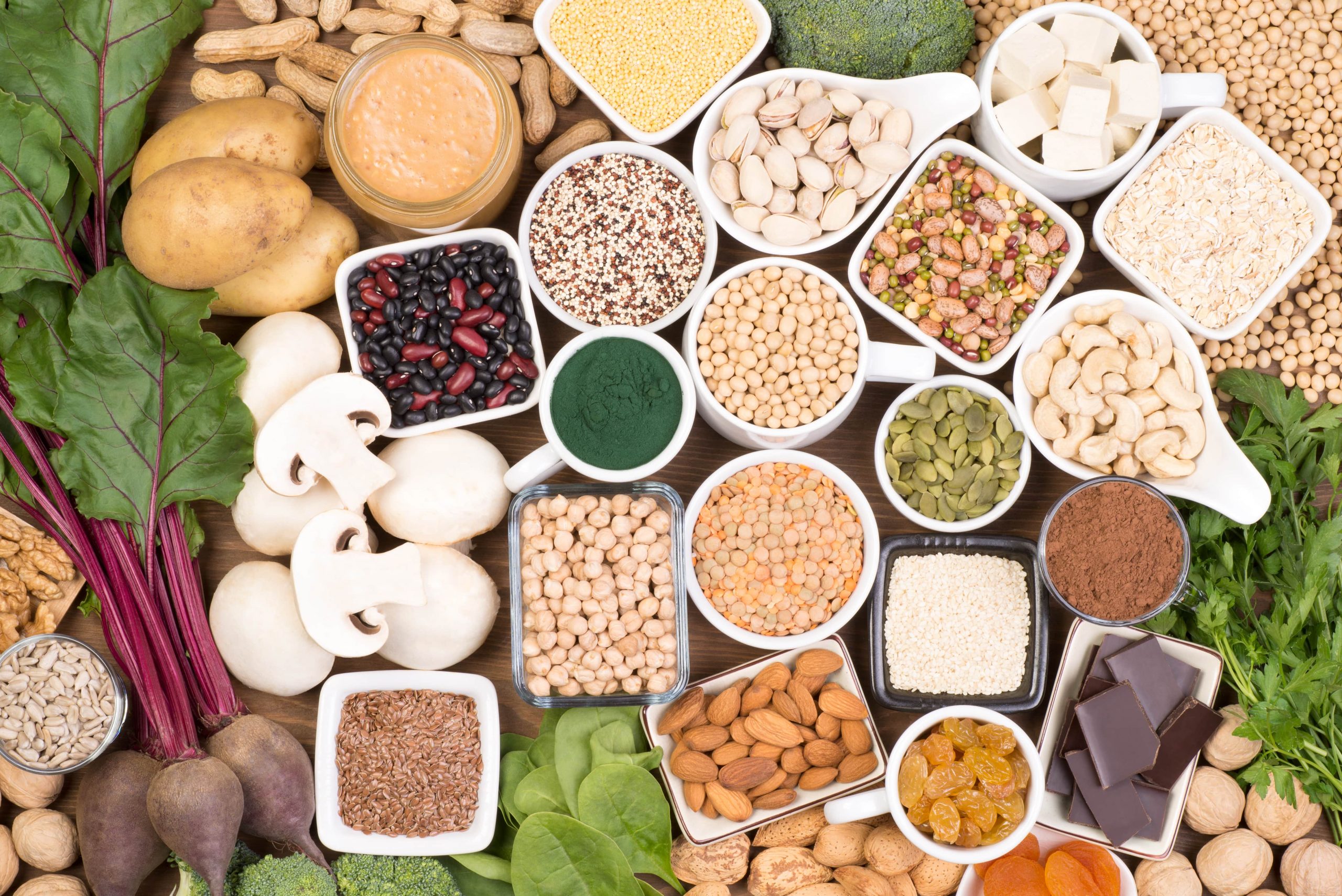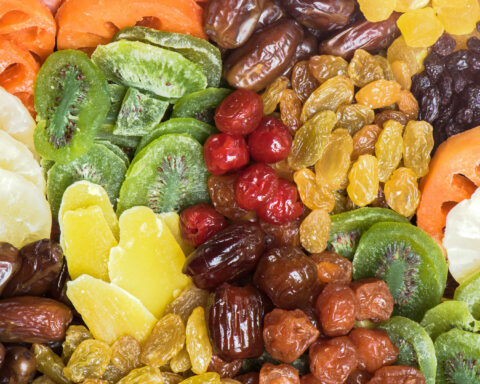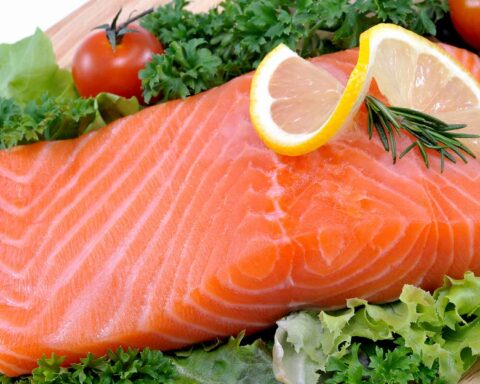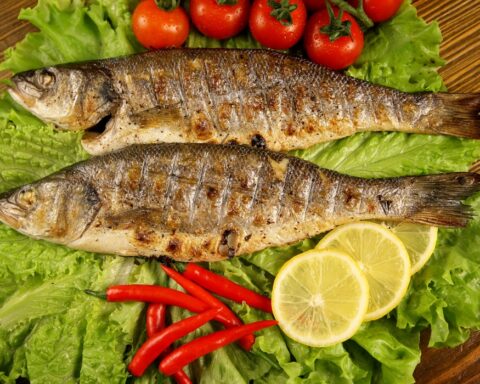Iron is an important mineral for body function, yet many people, especially vegetarians lack it. Knowing iron-rich food options for vegans could help them prevent health disasters.
Anemia is no longer a new disease in town since many people suffer from it. The disease is caused by a deficiency in iron, a critical mineral the body needs for the manufacture of hemoglobin. Despite its great role in the blood system, some people still lack it. The problem is especially common among vegetarians, as they feed on non-haem iron (iron obtained from plant sources, which is not readily absorbed in the body. Haem iron (extracted from animals) is readily available, but not for the vegan. Find out from this article what iron-rich food options are there for vegans.
Lentils
Lentils are among the best food options for vegans when it comes to sourcing iron. A normal-sized cup of lentils would provide you with a whopping 6.6mg of iron, making a good percentage of a person’s daily recommended iron intake. Lentils are also packed with potassium, a mineral that’s critical for blood flow and maintenance of osmotic pressure by keeping sodium ions in check. Fibers, both soluble and insoluble, are needed by the body, and lentils also supply these. Soluble fibers help prevent constipation and digestive problems, and also help maintain blood sugar levels. Insoluble fibers are critical for the health of gut microbiota, which in the long run minimizes the chances of suffering from respiratory infections.
Blackstrap molasses
These are the best sources of iron in the non-haem category. Most vegans have tried molasses and have experienced an increase in iron levels within the shortest time. If you were to take a spoonful of blackstrap molasses, you would be yielding 3.6mg of iron, meaning that 2 spoonfuls would be equivalent to 7.2mg. That’s even more than what a cup of lentils would provide. The only danger in taking blackstrap molasses is the rise in sugar levels. Molasses have a high glycemic index, hence can cause sugar spikes and risk a person for diabetes type 2.
Tofu and tempeh
For any serious vegan looking forward to taking in iron the healthy way, trying soy-based products is a sure way. Whole soy products such as tofu and tempeh are great sources of iron that vegetarians can try. A cup of tempeh has about 4.5mg of iron, meeting a good percentage of the recommended daily intake of iron. Tofu is even greater, offering as much as 6.6mg in just half a cup. This can only be compared to what a cup of lentils offers.
Spinach
The above sources of iron focused on legumes. However, it is worth noting that fresh vegetable supplies also form part of the greatest sources of iron, with some even doing better than the legumes. Spinach is one such great vegetable with a notable supply of iron. If you were to take a cupful of spinach, you would yield 6.4mg of iron. What’s more, spinach can be explored in several ways. You can cook it, take it raw, sauté it, add it to smoothies, or use it as part of a salad, and you are sure to enjoy all these dishes while getting a good serving of iron, especially if you are a vegan.
Swiss chard
This is yet another great source of non-haem iron in the group of vegetables. Having green leafy vegetables, Swiss chard stands out to be a vegetable with multiple sources. It is especially known for multivitamins. Still, it is a great source of iron, offering about 4mg of iron in just a cup. Like spinach, you can enjoy Swiss chard by sautéing it, adding it to smoothies, or cooking it. However, because of the slightly bitter taste, you might prefer cooking the vegetable as this clears the bitter taste.
Flaxseeds, pumpkin seeds, hemp, and sesame
Seeds are also great sources of iron that vegans could consider. Packed with 1.2-4.2mg of iron per standard serving, these seeds prove to be rich sources of non-haem iron. Tahini is made from sesame seeds, and two tablespoons of this provide the body 14% of the daily recommended iron intake. Besides, all these seeds have selenium, fiber, magnesium, zinc, and other critical nutrients your body needs. Omega-3 and omega-6 fatty acids are two fats needs for brain and cellular development, and these seeds, especially hemp, have these fats at an optimal level.
Almonds, pine nuts, cashew nuts, macadamia, and other nuts
Nuts such as almonds, cashews, macadamia, peanuts, and pine nuts are also great sources of non-heme iron, offering the body some 6-9% iron RDI, which varies from 1-1.6mg of iron for every ounce. And like the seeds discussed in the preceding section, these nuts also supply the body with antioxidants, fibers, and great minerals such as magnesium and selenium. These are not only useful for cellular and cognitive development, but also blood flow.
Mushrooms
Have you wondered why mushrooms are becoming incredibly popular today? This is because they are rich in many nutrients. Iron is one such nutrient that you can yield from mushroom consumption. While shiitake and Portobello, mushrooms may have only a little iron, white and oyster mushrooms are high in iron. White mushrooms contain 15% RDI of iron, while oyster mushrooms have twice as much as this.
Coconut milk and dark chocolate
If you can do cow’s milk, the better. Still, if you are allergic to cow’s milk, the other suitable alternative would be coconut milk. This is rich in several minerals, including iron and manganese. Although coconut milk is high in fats, consuming moderate amounts of milk, supplies the body with nutrients and vitamins. Compared to milk chocolate, dark chocolate is higher in iron, supplying the body with up to 18% of the daily recommended iron intake. Magnesium, fiber, and zinc are also found in dark chocolate, making this chocolate even healthier.
Conclusion
Iron is a critical mineral, needed for the manufacture of hemoglobin and blood transfer to different parts of the body. Most of the foods we eat are rich in iron, but other people, specifically vegans, may suffer from anemia and iron deficiency. This article shares ideas on the best sources of iron for vegetarians. Peer into it for such crucial information.
- How the Pec Deck Works Your Chest - April 19, 2024
- Homemade Eye Drops: Risks, Benefits, and More - April 19, 2024
- SMART TOOTHPICKS COMPANY - July 29, 2023









